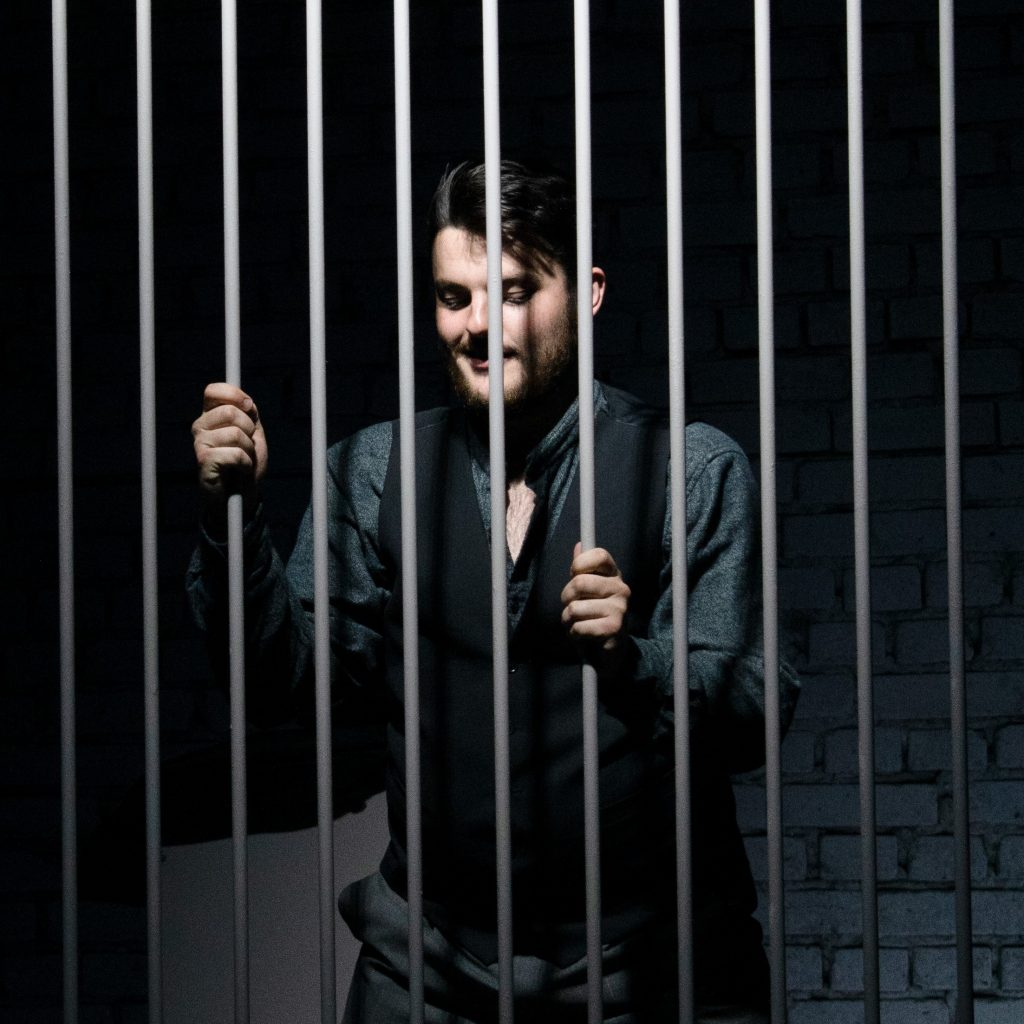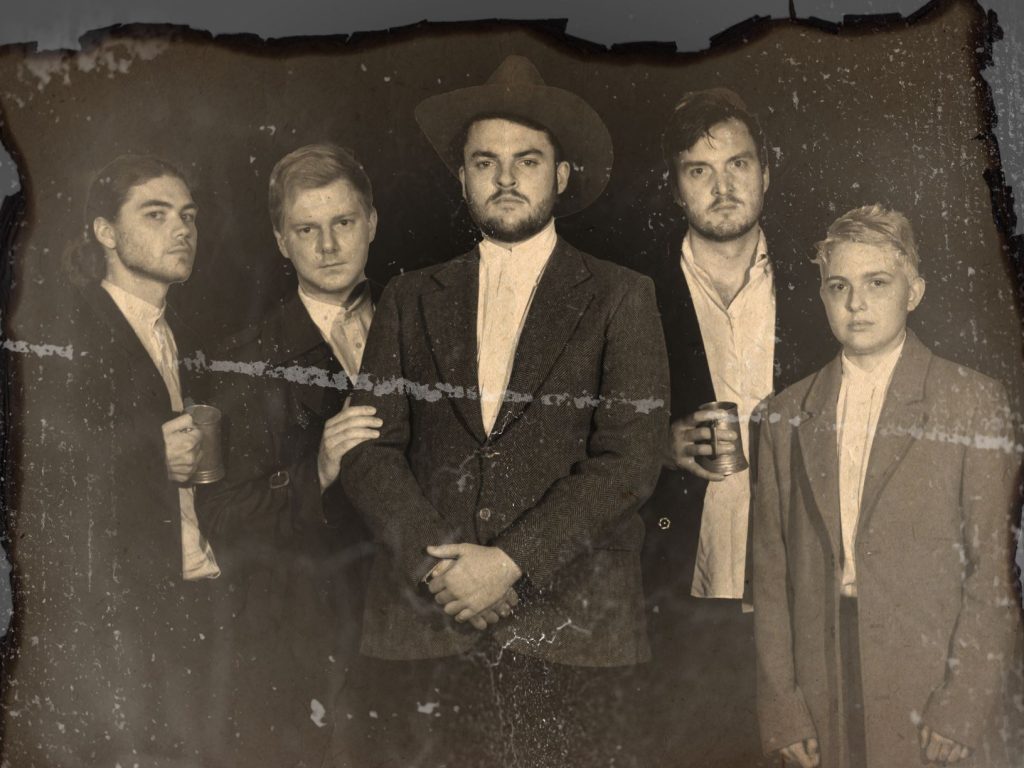
‘Captain Moonlite’ // Redcliffe Musical Theatre
‘Captain Moonlite’ was educational.
A rough unhewn rock would be most fit, one that skilled hands could have made into something better. It will be like those marks as kindness and charity could have shaped us to better ends”
A.G. Scott on his tombstone in ‘Captain Moonlite’.
When you imagine a music theatre protagonist, a 19th century Irish Australian gay bushranger is probably not the first thing that springs to mind. Nevertheless, that is the focus of Jye Bryant’s ambitious new Australian musical, produced by Redcliffe Musical Theatre. ‘Captain Moonlite’ chronicles the life of the notorious Andrew George Scott and provides a disturbing insight into the colonial justice system.
This production was a world premiere and is the first-ever musical about Captain Moonlite. It builds on historical records, in particular Scott’s death cell letters, to paint a portrait of a complex historical figure. The character narrates his own journey from wrongly accused convict and prison rights activist to unwilling criminal, as well as his enduring romance with James Nesbitt. Through the lens of this fascinating life, ‘Captain Moonlite’ explores a range of themes, including judicial injustice and media misrepresentation.
Bryant’s adaptation is highly educational, building on and incorporating significant research. The vast majority of the work consists of Scott narrating his life, interspersed with scenes of action. While this effectively communicated an interesting historical story, the frequent removal from the action limited engagement with some characters, like antagonistic gang member Rohan, and the exploration of themes, such as the role of poverty in crime. Later developments would benefit from many more scenes of action and further expansion beyond fact to deepen the story.
The accompanying score consisted of eight reflective songs that incorporated strong Celtic folk influences, especially in the instrumental parts for flute, violin and keyboard. This music is largely sung by the protagonist, Scott. More pieces for secondary characters, like James’ standout romantic solo ‘May You Rest Upon Me’ would be welcome in later productions.
Jacqueline Kerr’s direction used an effective combination of styles, shifting between stylisation for the narrated components and realism for other scenes. Every so often there were moments when the pacing was rushed, which distracted from the story, such as when Scott calls for a priest immediately after a shooting, before he could have determined if it was fatal. Matthew Leigh brought Bryant’s score to life as Musical Director, with the particularly strong direction of the three-piece band, whose tight and effective performance was a highlight of the show. The vocal performances were not quite as polished, with occasional dissonant harmonies and stray notes. It should be noted that challenges for both Directors and performers were likely a product of time and resource limitations in a COVID Safe rehearsal process.
The overall design of the work was sparse. Sarah Hunt’s period-appropriate costumes were based around a single set of trousers, shirts and suspenders that were cleverly supplemented, transforming the supporting actors into a variety of characters. The collaborative set design was equally efficient, with a dining room set and prison bars being reused in numerous different settings. However, the choice of white for the immense plastic backdrop of brick impacted the atmosphere, making it difficult to imagine the darkness of a prison cell or lonely bushland. This also impacted Jonathan Moss’ lighting design, which consisted mainly of white Par Cans and LEDs, by creating distracting reflection and preventing full blackouts.
Dominic Bradley was a strong presence as Scott, with effective charisma and a solid Irish accent. He brought energy and an expressive voice to his significant amount of material and complex character arc. Brandon Taylor-Cotton played his lover James Nesbitt and while sometimes difficult to hear, he embodied the sweet and shy nature of the character. The supporting cast members, consisting of Taylor-Cotton, Matthew Leigh, Lachlan Gregory Hugh and Max Phythian, each managed a vast array of different characters, from prisoners to police. Leigh was particularly impressive, shifting seamlessly between character types and accents.
In summary, ‘Captain Moonlite’ was a solid first presentation of an interesting and educational work. While some aspects of the production were not fully developed, staging a new work is challenging at the best of times, let alone during a pandemic, so the production was an impressive effort. With fascinating source material and engaging themes, Bryant’s work has significant potential for future development. Unlike Scott’s rough tombstone and indeed Scott himself, ‘Captain Moonlite’ is ‘skilled hands’ that are sure to shape this work to even ‘better ends’ in future.
Captain Moonlite’ performs until Sunday, 30 August 2020 at Theatre 102 in Redcliffe. For more information visit Redcliffe Musical Theatre’s website.








